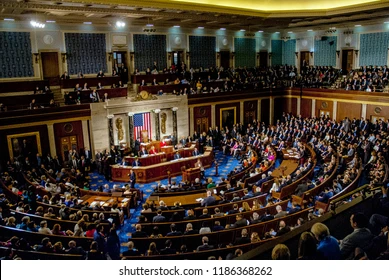The Kenyan Senate yesterday failed to convene for a crucial session meant to hold Cabinet secretaries accountable due to a lack of quorum. The very House that has repeatedly criticised Cabinet secretaries for snubbing summonses was itself rendered inactive by absentee senators.
The session, which was scheduled to host Education CS Julius Ogamba, Tourism and Wildlife CS Rebecca Miano, and Defence CS Soipan Tuya, was abruptly adjourned after fewer than 15 senators showed up below the threshold required to conduct official business.
Temporary Speaker Hillary Sigei rang the quorum bell for over 20 minutes in vain, as a sparse turnout marked a striking contradiction to the senators’ recent hardline stance on executive accountability. The absence raised concerns about double standards and cast doubt on the Senate’s commitment to its oversight role.
Ironically, many of the absentee senators were attending a State House event where President William Ruto was signing the Conflict of Interest Bill into law a law designed to enhance transparency and integrity in public service.
CS Ogamba had been expected to provide urgent responses on the education crisis, including how the ministry plans to address the Sh43.4 billion budget shortfall, teacher shortages, and delays in construction of Grade 9 classrooms. He was also to explain why junior secondary teachers are being assigned subjects outside their areas of expertise.
CS Tuya was slated to respond to questions on missing Kenya Defence Forces personnel, with Senator Abass Sheikh raising concerns over soldiers declared dead despite recent video evidence suggesting some may still be alive.
Meanwhile, CS Miano was to update the House on declining international tourist arrivals and strategies to boost the sector’s performance.
The senators’ absence has sparked sharp criticism, particularly given their vocal condemnation of previous no-shows by Cabinet secretaries like Prime CS Musalia Mudavadi and CSs Miano and Barasa. Deputy Speaker Kathuri Murungi had recently called for presidential intervention to address the matter.
Now, the focus turns back to the Senate itself raising a critical question: who holds the watchdogs accountable?

